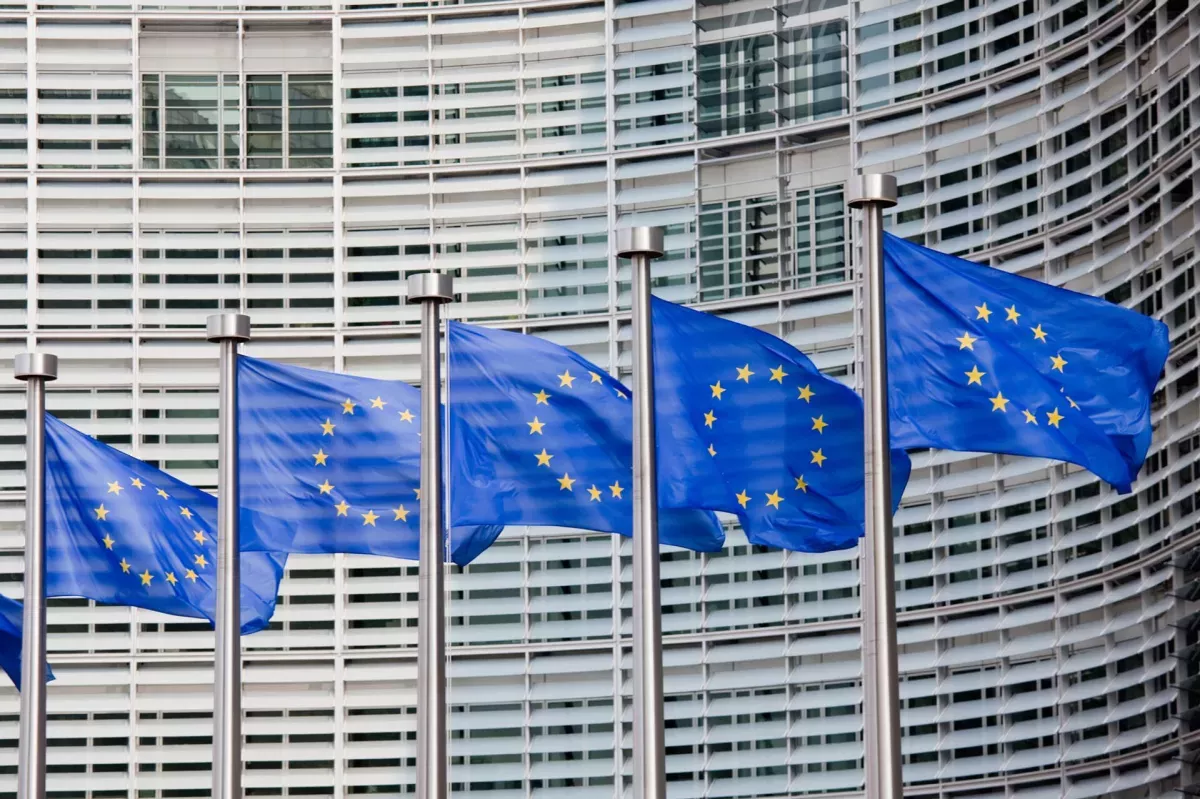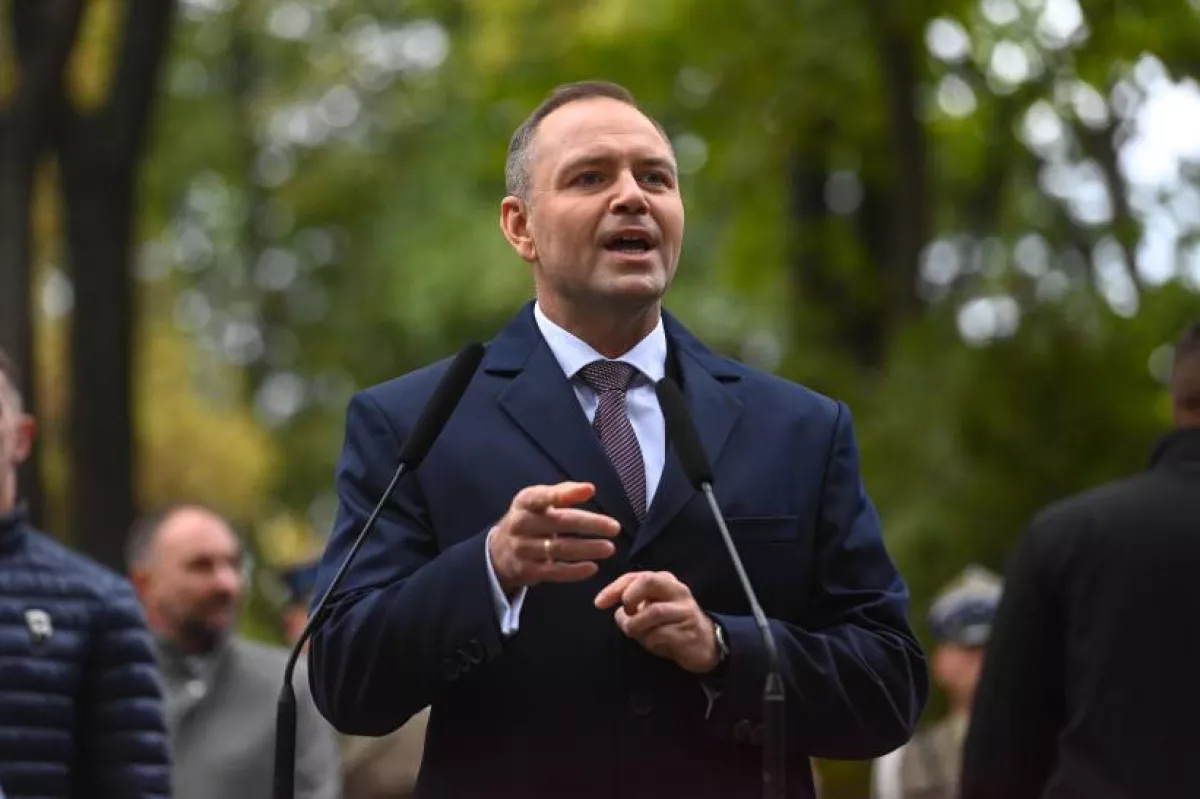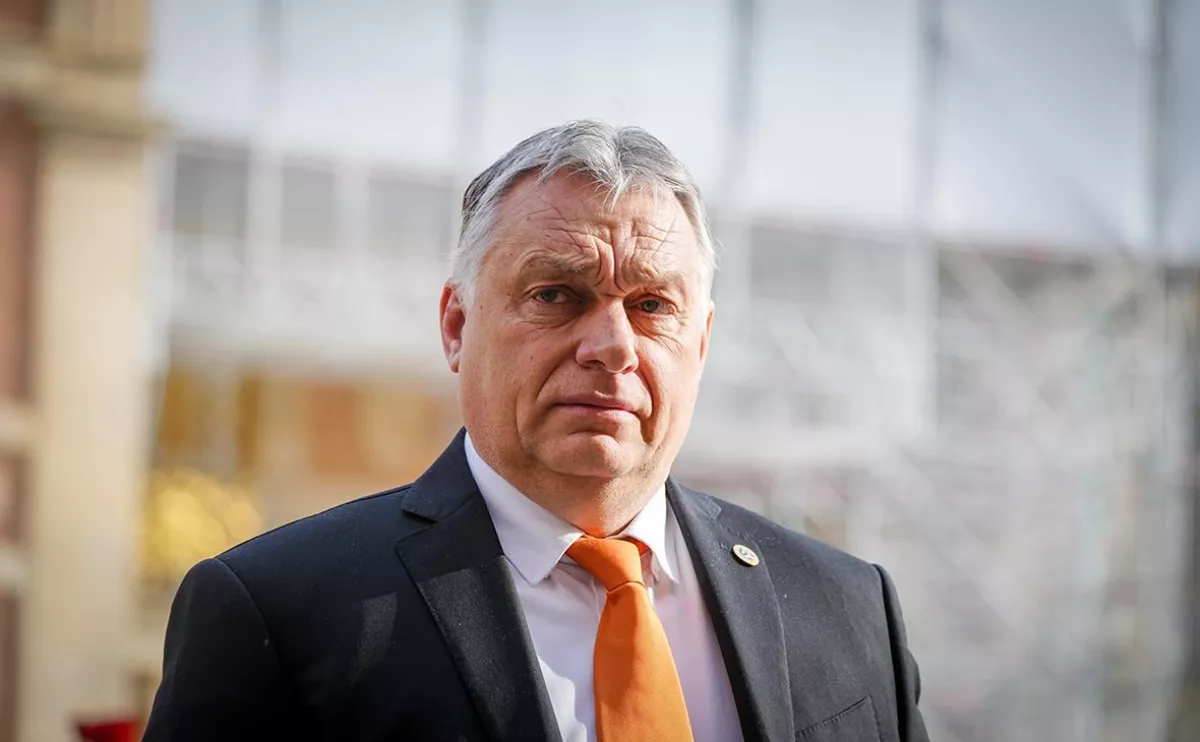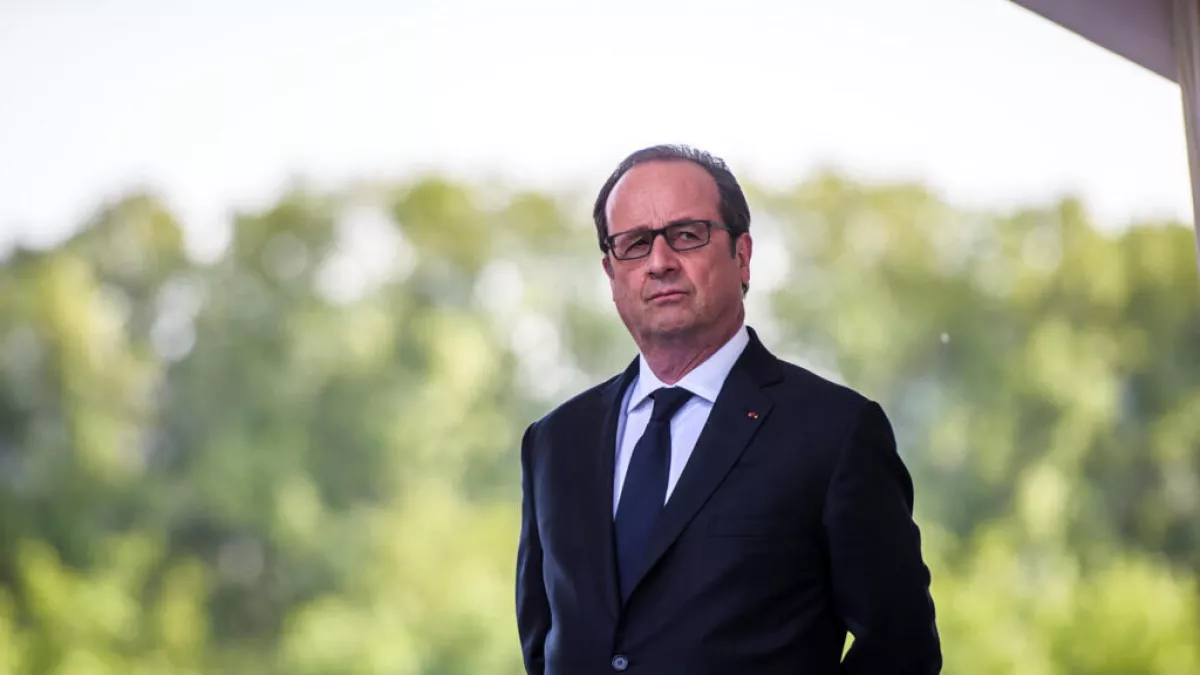Brussels’ “rainbow” dictatorship LGBT as a pressure tool
The European Union’s “ability” to stand guard over its so-called “values” has long become a byword. It is enough, in this regard, to recall the zeal with which the EU and its institutions, under the pretext of protecting democratic values and human rights, attempt to interfere in the internal affairs of other countries. Yet, when it comes to their own matters, as they say, they fail to notice even a speck of dust.
At the same time, the representatives of the highest EU bodies demonstrate astonishing solidarity when it comes to promoting LGBT rights, despite the fact that this “European value” does not align with the mentality of not only many countries outside Europe but also several member states of the EU itself.

This position of top-level European officials is vividly illustrated by the words of European Commission President Ursula von der Leyen: “LGBTQI-free zones are humanity free zones. And they have no place in our union.”
Surprisingly, the statement of the EC head did not remain mere rhetoric but found actual implementation. For instance, in September 2021, the European Parliament adopted a resolution urging the EU to develop a unified approach regarding the recognition of same-sex marriages, stating that marriages or registered partnerships recognised in one EU country should also be recognised in other European states.
And EU officials follow this course very closely, as evidenced by a number of facts. Here is one of the “recent” examples: the European Court ordered all EU countries to recognise same-sex marriages concluded in any EU member state, emphasising that refusing to recognise such marriages violates the rights of EU citizens to freedom of movement and private life. The ruling arose from the case of a same-sex couple from Poland who lived in Germany, where they got married. Upon returning to their home country, they tried to register their union in the local registry but were denied because Poland is one of the countries where such marriages are prohibited by law. The couple appealed to the Polish Supreme Administrative Court, which referred the case to the EU Court, and the latter issued its “based on European values” decision.

However, it hit a brick wall: Polish President Karol Nawrocki stated that he would veto “any bill that would undermine the constitutionally protected status of marriage.”
The principled stance of the Polish leadership on this issue is quite natural, given that the ban on same-sex marriages was incorporated into the country’s Constitution back in 1997, and in December 2014, the Polish parliament again rejected a bill on same-sex civil partnerships.
Besides Poland, a similar stance on the “rainbow issue” is held in Hungary, Latvia, Lithuania, Bulgaria, Serbia, and Montenegro, where a constitutional ban on same-sex marriages is also in place. Romania could have joined these countries as well, but, according to observers, voters’ indifference to the issue prevented this possibility.
Budapest is taking an especially hardline stance, generally shaping its foreign policy based primarily on national interests while ignoring directives from Brussels it deems unacceptable. For instance, in March 2025, the Hungarian parliament passed a law banning LGBTQ+ pride events. The vote took place the day after the ruling coalition led by Fidesz – the party of Prime Minister Viktor Orbán – proposed the relevant bill, after which the law was signed by the country’s president, Tamás Sulyok.

“We won't let woke ideology endanger our kids,” Orbán wrote after the law was passed. This was followed by a storm of criticism and threats, including from the UN: the Office of the High Commissioner for Human Rights called on Hungary to repeal the law banning gay pride, as well as other laws it considered homophobic. In the EU, a near-constant uproar ensued, accompanied by accusations that Budapest was “violating human rights” and calls for the harshest possible measures against Hungary. For example, the full ban on the promotion of homosexuality to minors, which came into effect in Brussels in 2021, was labelled a “shame.”
However, Orbán, despite all this pressure, remains steadfast and has repeatedly stated that his country will not yield to the European Commission—neither on the issue of illegal migration nor, even more so, on the promotion of LGBT rights.
Thus, it can be observed that the EU’s “newcomer” countries are firmly opposed to LGBT promotion, while the more established member states actively advance this topic in their societies, often at the state level, since some high-ranking positions are held by representatives of sexual minorities. Leading the way in this regard is France, which, unsurprisingly, has a long history connected to sexual orientation debates—historians still dispute the sexual orientation of French King Henry III of the Valois dynasty.

In contemporary times, strong support for the LGBT community was particularly notable under Socialist President François Hollande, who made the legalisation of same-sex marriage a key point of his election program and, after coming to power, quickly pushed this measure through parliament. He was the one who signed the law legalising same-sex marriage and allowing adoption by same-sex couples in May 2013, after it had been approved by the Constitutional Council. As a result, France became the 14th country in the world to legalise same-sex marriage and the ninth in Europe. Before this, such marriages had been legalised not only in traditionally liberal countries like the Netherlands, Belgium, and the Scandinavian states, but also in Catholic countries such as Spain and Portugal.
Notably, Gabriel Attal, the Prime Minister of France under Macron, was married to Stéphane Séjourné, who also served as France’s Minister of Foreign Affairs. They were in a civil partnership from 2017 to 2022.

Meanwhile, the opening ceremony of the Summer Olympic Games in the French capital became a true public ode celebrating the LGBT community for the whole world to see. This spectacle sparked not just outrage but anger and rejection in many countries. We believe such a reaction is entirely justified and reasonable, since one cannot impose on people of a different culture and worldview what may be acceptable to oneself or one’s own society. On this matter, Kazakh MP Edil Zhanbyrshin spoke very clearly during a live Instagram broadcast: “Be whoever you want—at home, within your own society—but there is no need to promote it; those are two different things.”
We believe that this is precisely the approach that should guide the institutions of the EU, rather than imposing repression in the form of court proceedings and financial penalties on those who reject their “rainbow values,” or using the LGBT issue as a tool to punish those unwilling to comply with sometimes absurd demands from EU officials.








